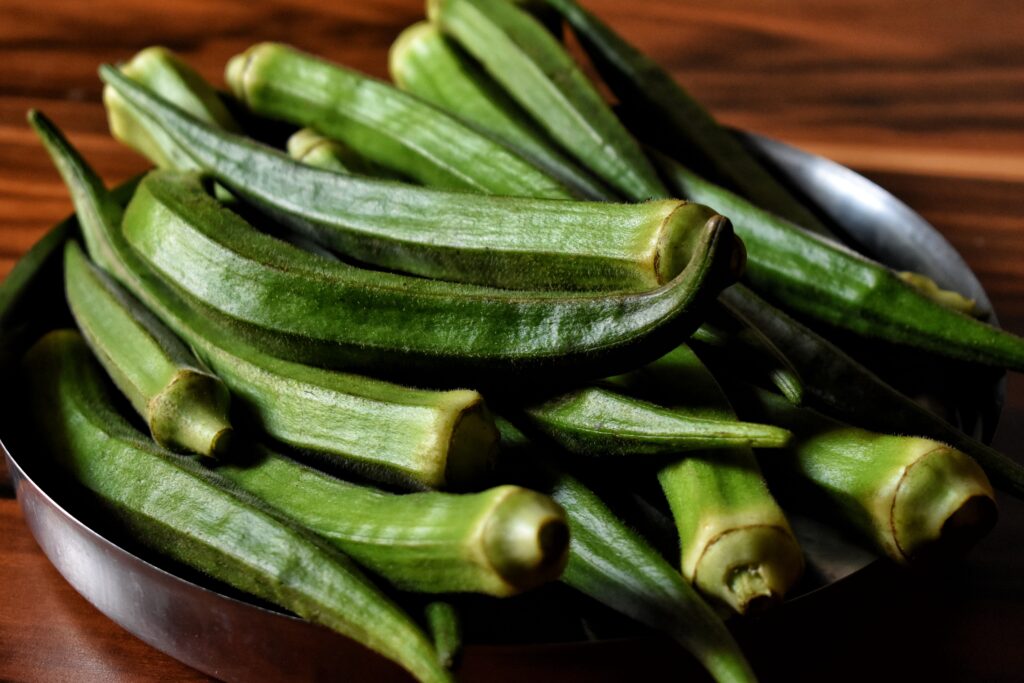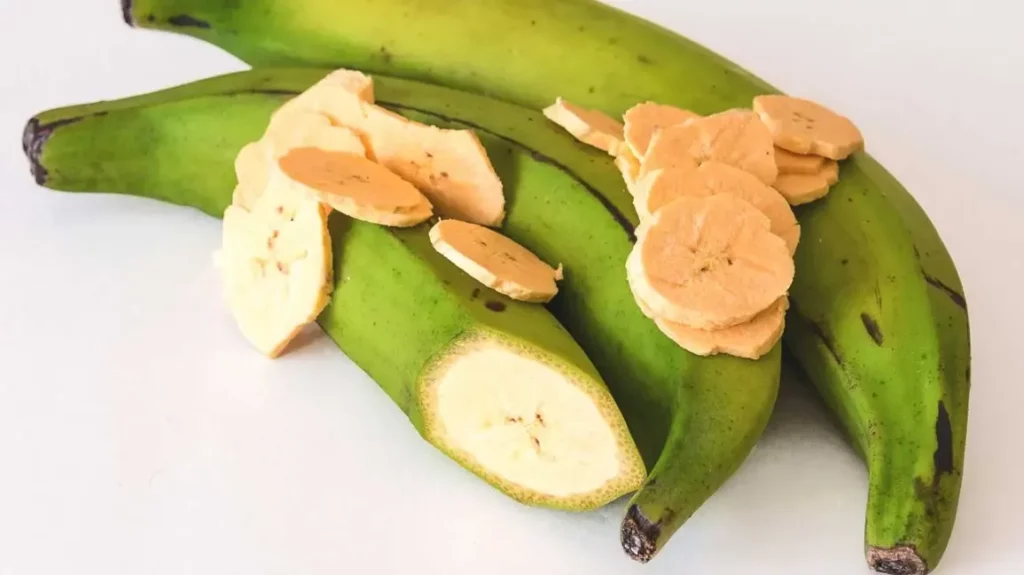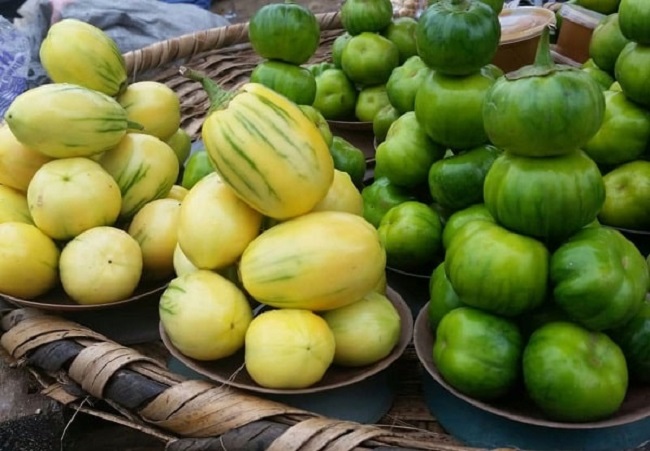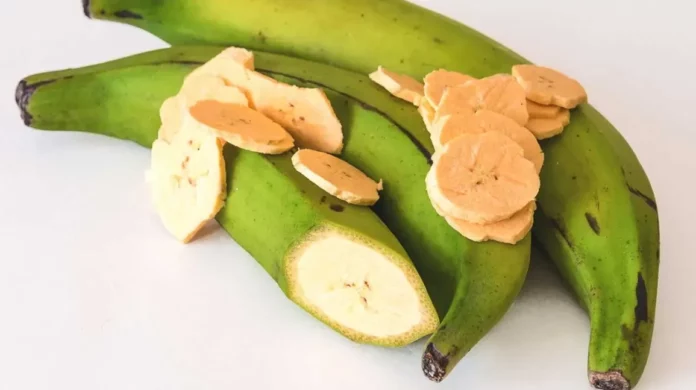Maintaining healthy blood sugar levels is crucial for overall well-being, especially for individuals with diabetes or those at risk of developing the condition. While medications and exercise play significant roles, your diet can also have a substantial impact on managing blood sugar levels.
In this post, we will explore five delicious Nigerian foods that can be beneficial for individuals looking to lower their blood sugar levels.
1. Bitter Leaf
Bitter leaf, known as “Onugbu” in Igbo and “Ewuro” in Yoruba, is a staple in Nigerian cuisine and is recognized for its ability to lower blood sugar. This leafy green vegetable is packed with antioxidants, including flavonoids and polyphenols, which can help improve insulin sensitivity and reduce blood sugar levels.

2. Okra
Okra, or “Okro” as it is known in Nigeria, is a versatile vegetable that offers numerous health benefits, including its ability to help manage blood sugar levels. This vegetable is high in fiber, which can slow down the absorption of glucose, preventing blood sugar spikes.

check out ; 5 Cheap & Healthy Drinks to Replace Soda With
3. Unripe plantain
Unripe plantain is a starchy vegetable that is often used as a staple food in Nigeria. Unripe plantain has a low glycemic index (GI), which means that it does not cause blood sugar levels to spike quickly. Unripe plantain is also a good source of fiber and potassium.

4. Beans
Beans are another great Nigerian food for lowering blood sugar levels. Beans are a good source of protein and fiber, both of which can help to regulate blood sugar. Beans are also a good source of complex carbohydrates, which are digested more slowly than simple carbohydrates and do not cause blood sugar levels to spike.
5. Garden Egg
Garden eggs, also known as “Eggplant” or “African Garden Egg,” are a low-calorie, high-fiber vegetable that can help regulate blood sugar levels. They are rich in vitamins, minerals, and antioxidants, which contribute to improved insulin function and reduced blood sugar spikes.
















